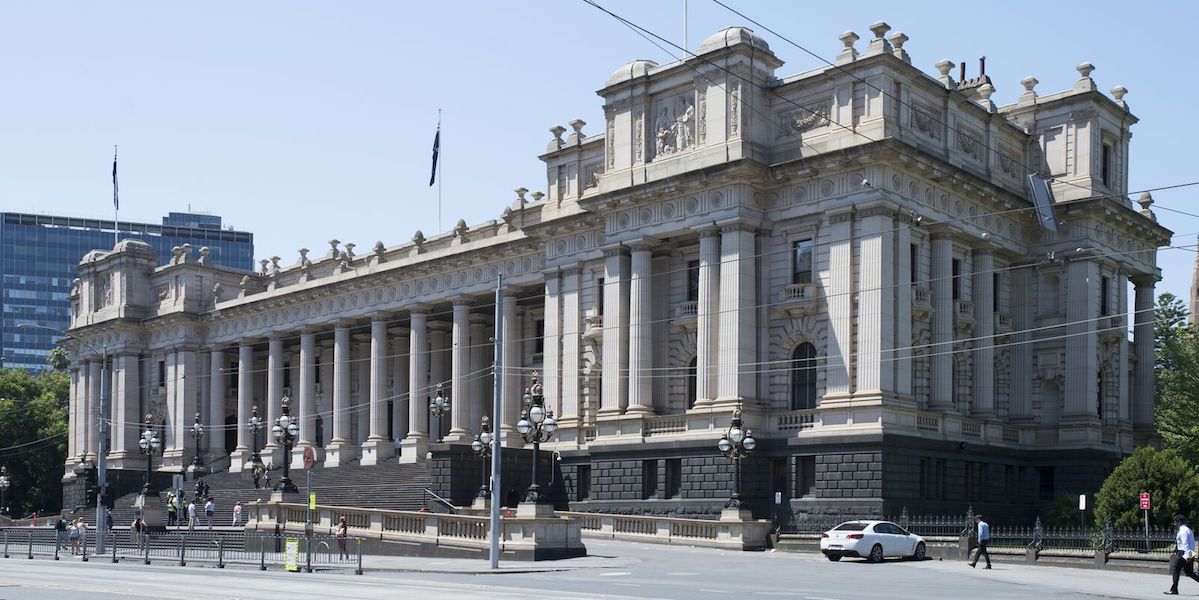Leading up to the November State election, there are “caretaker conventions” that may affect procurements by restricting the VPS entering into major contracts and undertakings. But that doesn’t mean that all procurements need to stop. In this blog, CourtHeath provides some guidance on how the Victorian Public Sector can manage their procurement activities prior to, and during, the caretaker period.
Caretaker conventions seek to ensure that the Government does not take action during the caretaker period that will bind an incoming government or unduly limit its freedom of action. For example, there are restrictions on entering into major contracts. The caretaker period spans the time the Legislative Assembly expires until the election result is clear or a new Government is appointed. With the Victorian State election scheduled on 28 November, the caretaker period for this election is scheduled to start at 6pm on 30 October, unless the Assembly is dissolved sooner.
As well as preserving the autonomy of an incoming government, the caretaker conventions are also intended to ensure the State’s resources are used appropriately and not to the unfair advantage of the incumbent government, and protect the political neutrality of the VPS.
Although the caretaker conventions are not legally binding on Ministers and members of the government, VPS staff who don’t follow the conventions may be in breach of their legislative and common law employment obligations, and they are legally required to remain apolitical and avoid involvement in political activities
So what is a ‘major’ contract?
Agencies need to judge for themselves what qualifies as a ‘major’ contract or undertaking in their own context. In doing this, they should have regard to the dollar value of the commitment, whether it is routine or implements or entrenches something which may be politically sensitive, and whether it would require Ministerial approval or a public tender process. Some agencies have a rule of thumb that contracts over $500,000 are usually treated as major contracts but even so, a smaller value contract would be reviewed to see if it has any characteristics that mean it should not proceed during the caretaker period. Some agencies regard building maintenance or regular cleaning contracts as being routine so able to go to tender during the caretaker period. In the absence of bi-partisan support, it would certainly be controversial if a major infrastructure contract were signed up during or close to the caretaker period or if a major government reform were to be implemented through contracts during that time.
Public tenders or grant processes may still proceed prior to or even during the caretaker period, however, potential tenderers and applicants need to be informed about the implications of the election and the possibility that the tender or grant might not proceed. The conventions outline wording to include in the invitation documents to explain this to tenderers and grant applicants.
Some agencies choose to plan their procurement activity so these situations are avoided, not only because of the potential to damage the good will of tenderers, but to avoid perceptions that a process promotes a government policy or that the VPS isn’t remaining apolitical. In other situations, it may be unavoidable to go to tender or sign a contract during the caretaker period.
What if the contract can’t wait?
There are some exceptions in the Caretaker Conventions, such as when the State may incur penalties or the contract is a subsidiary contract to another that has already commenced. In such cases, agencies could consider asking for additional clauses in the contract permitting termination in the event that an incoming Government did not wish to proceed. Alternatively, the matter could be referred to the Minister to consult with the Opposition.
What if we decide that it isn’t major?
If an agency reaches a view that a contract or undertaking is not major, it is free to proceed in accordance with usual procedures. In order to reduce risk, however, it is prudent for agencies to plan any procurements that could be perceived as being ‘major’ (even if the agency thinks they are not) to occur outside the caretaker period.
Who should make these decisions?
The financial delegate responsible for signing the contract is ultimately accountable for the decision about whether it is appropriate to sign a contract during or shortly prior to the caretaker period.
Your stakeholder advisors or Ministerial liaison advisors may also be able to assist.
Where can I get more information?
The Department of Premier and Cabinet has published guidance on 2018 caretaker conventions that provides further information and states that questions about the operation of the caretaker conventions should be directed to Toby Hemming, General Counsel, DPC at caretaker@dpc.vic.gov.au or via the DPC caretaker hotline on 9651 5514.
* * *
IMAGE: Spring Street, Melbourne. By Max Goupil.
Written by Julia Cornwell-McKean and Pauline Bernard.
 CourtHeath Consulting
CourtHeath Consulting CourtHeath Consulting
CourtHeath Consulting